Dune sunflower
Dune sunflower (Helianthus debilis) occurs naturally along the coast. Its bright flowers attract a variety of pollinators, its dense growth pattern provides cover for many small animals and birds enjoy its seeds.
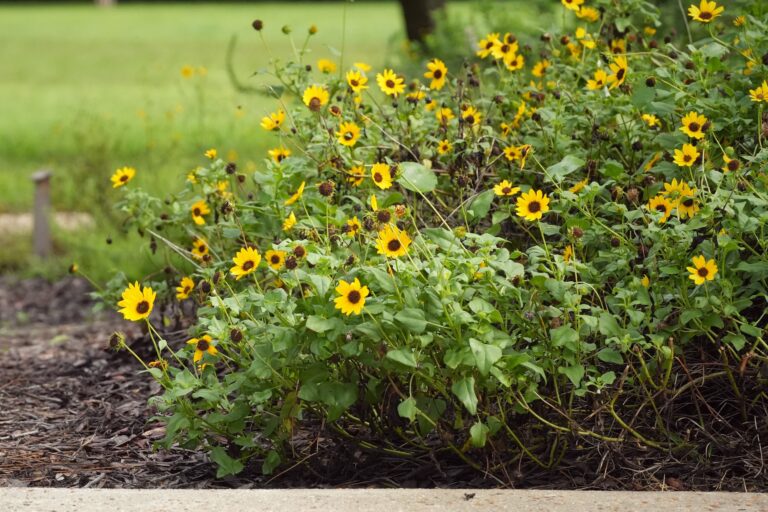
Dune sunflower (Helianthus debilis) occurs naturally along the coast. Its bright flowers attract a variety of pollinators, its dense growth pattern provides cover for many small animals and birds enjoy its seeds.
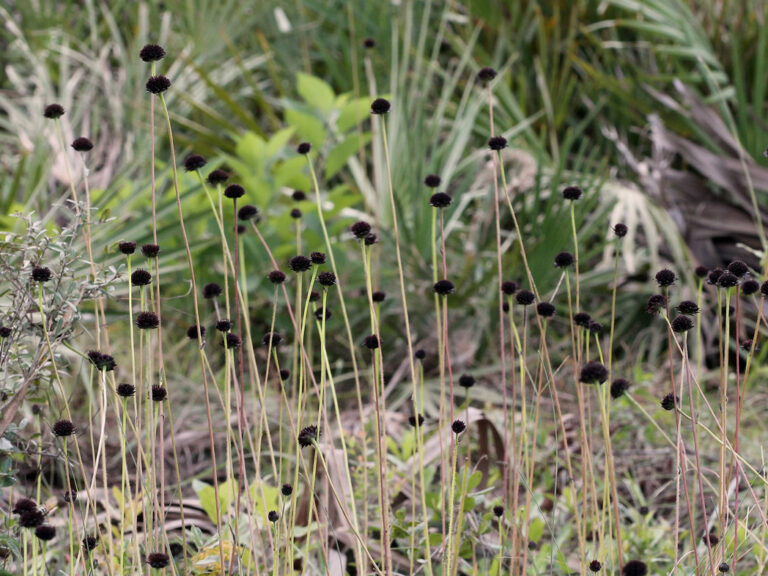
Rayless sunflower (Helianthus radula) is a unique member of the Helianthus genus—its ray florets are almost entirely absent. It blooms late spring through fall and attracts a variety of pollinators.
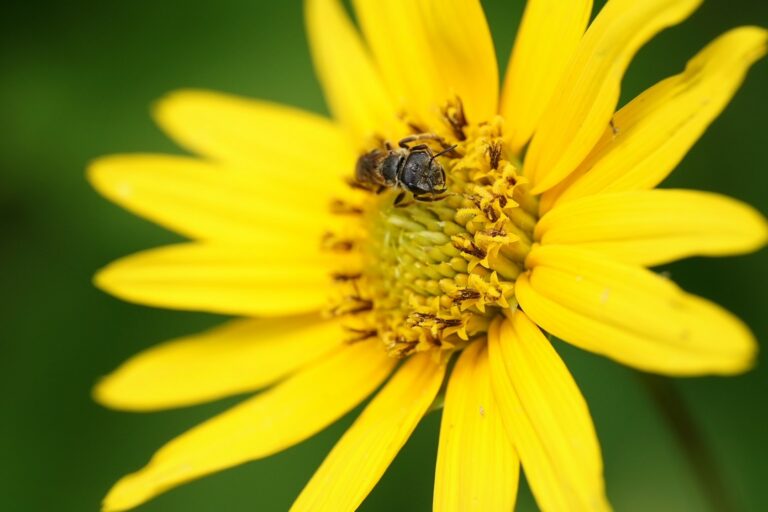
Lakeside sunflower (Helianthus carnosus) is a perennial wildflower endemic to northeast Florida that inhabits open sunny edges of lakes and marshes. The bright yellow flowers attract a variety of pollinators and the seeds are eaten by birds.
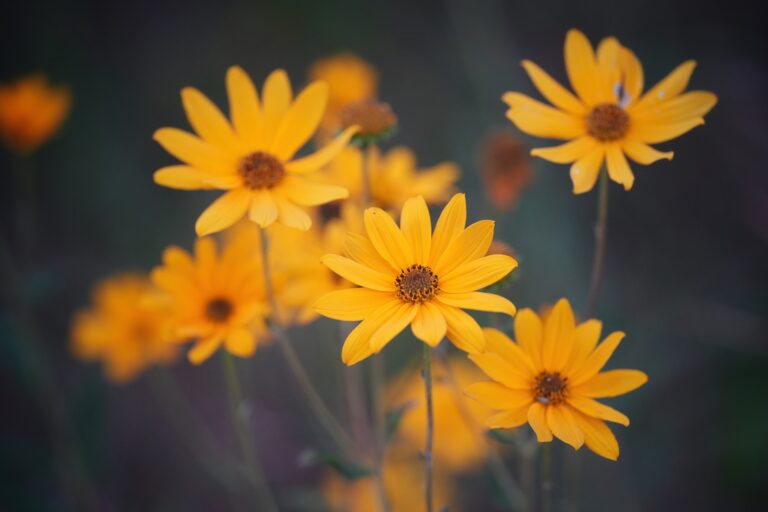
The Florida sunflower (Helianthus floridanus ) occurs naturally in wet to moist habitats from pine savannas to roadsides. Its fall blooms are a delight to many pollinators and the seeds feed songbirds.
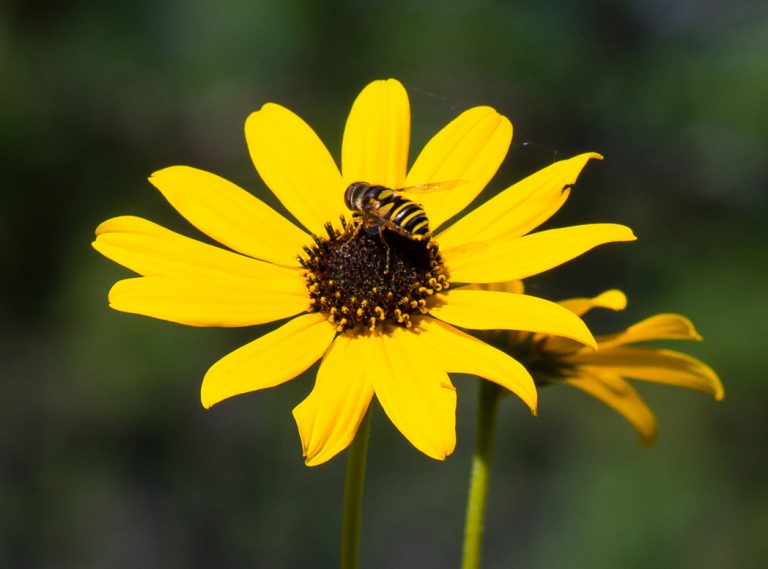
Narrowleaf sunflower (Helianthus angustifolius) is one of Florida’s most common native sunflowers. In nature, it forms dense colonies, resulting in spectacular swaths of sunshine yellow when in bloom.

Asteraceae is the largest family of flowering plants with over 30,000 recognized species worldwide. Some of its most recognizable members include tickseeds (Coreopsis), our state wildflower, sunflowers (Helianthus) and asters (Symphyotrichum).
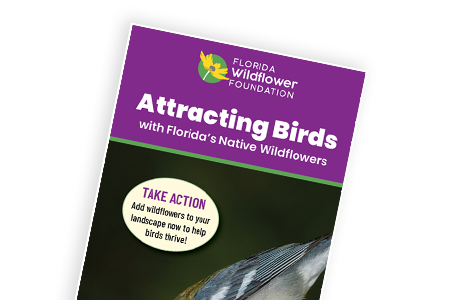
Bring birds into your landscape by planting Florida native wildflowers, grasses and shrubs that provide food and habitat. Learn more now. Versión en español disponible.
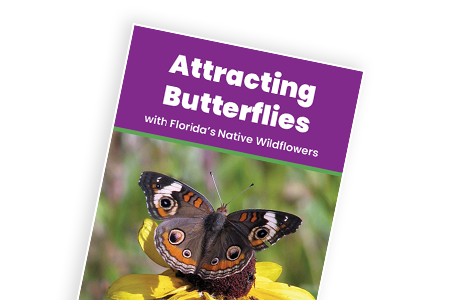
You can help provide food and habitat for Florida’s butterflies by landscaping with native wildflowers. Learn more now. Versión en español disponible.
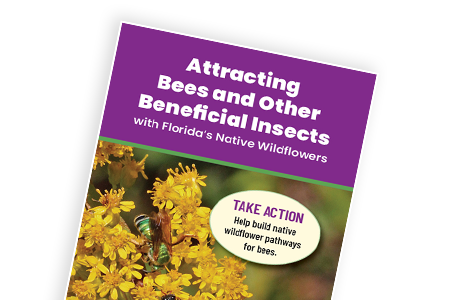
You can help provide food and habitat for Florida’s native bees and other beneficial insects by landscaping with native wildflowers. Versión en español disponible.
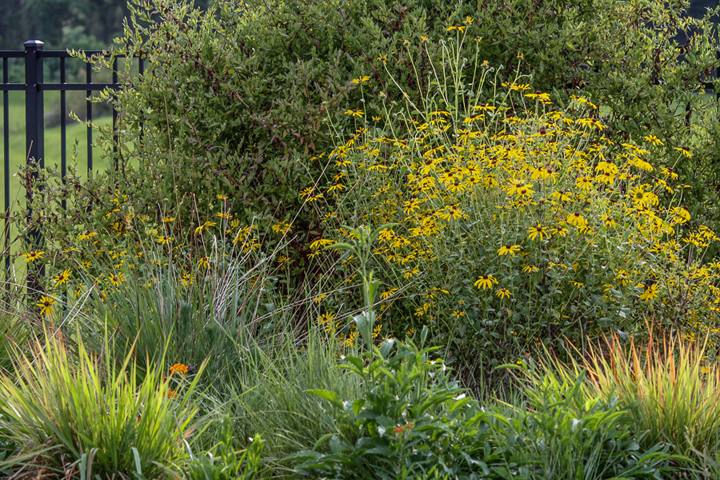
As summer progresses many of our fall-blooming wildflowers become tall and stately, forming backdrops and filling fence rows as they reach peak bloom from September through December. But this is when storms increase, bringing intense waves of wind and rain.
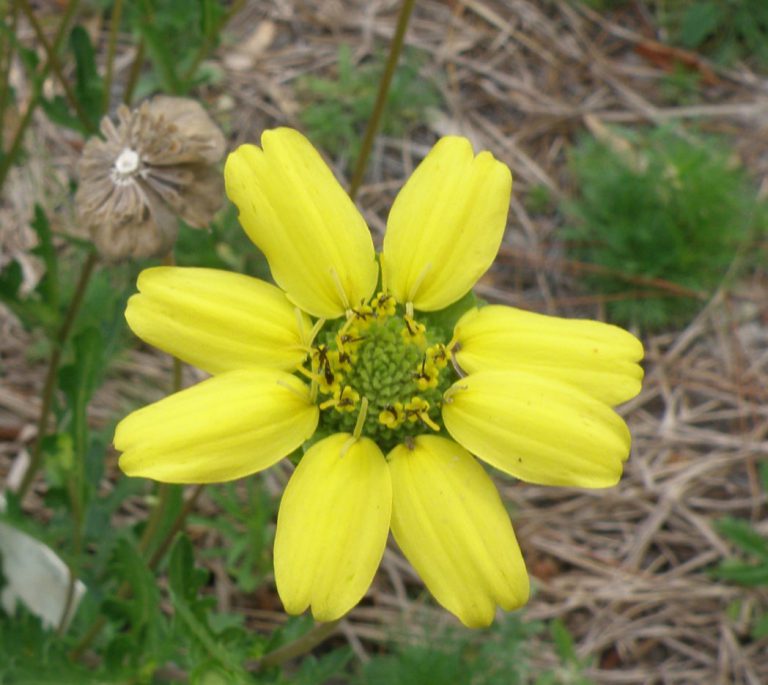
If you have added wildflowers to your landscape, you’ve probably learned how adaptable they are to a wide range of environmental conditions.
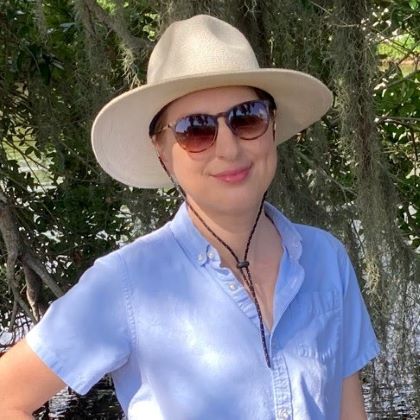
Sara Burke brings to the Florida Wildflower Foundation board of directors an extensive background in communications. She is passionate about protecting Florida’s environment by creating a revolution in our own backyards!